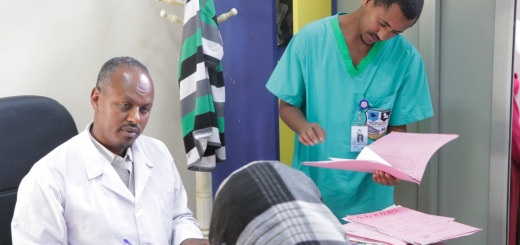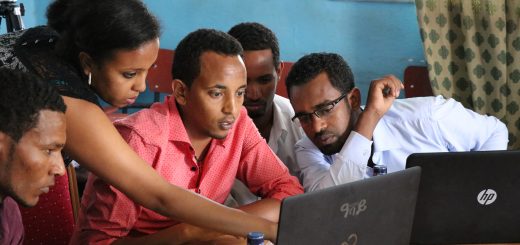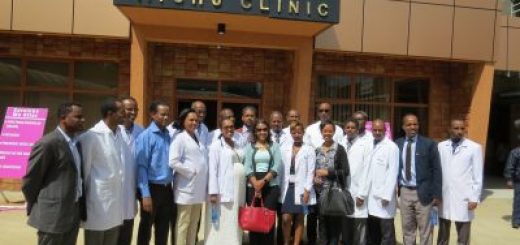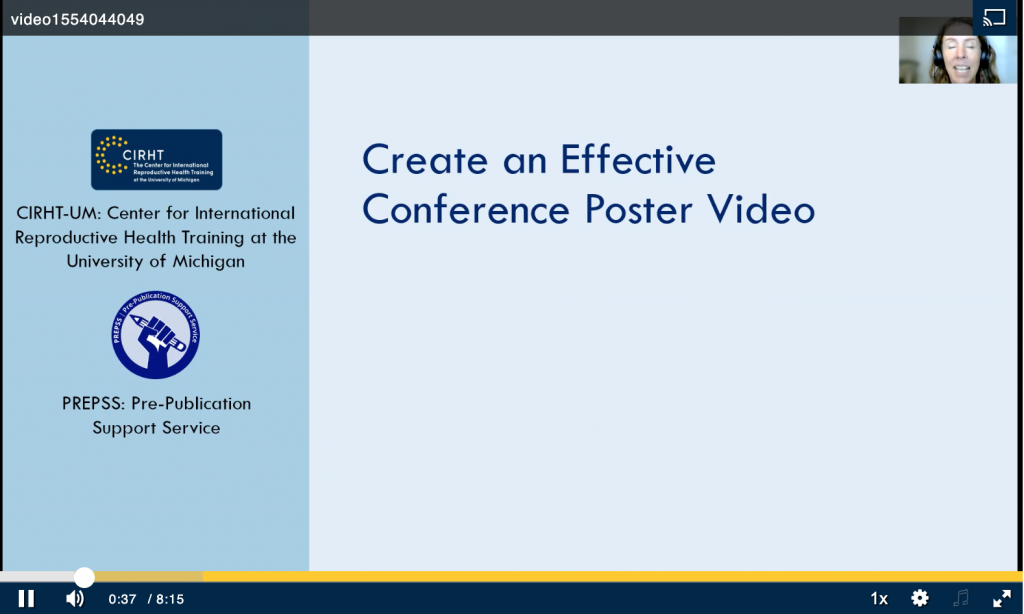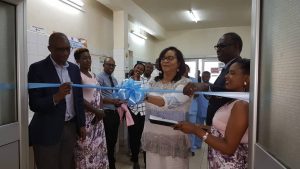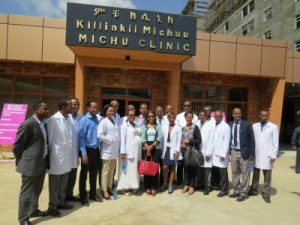Energizing Research to Initiate and Measure Impact
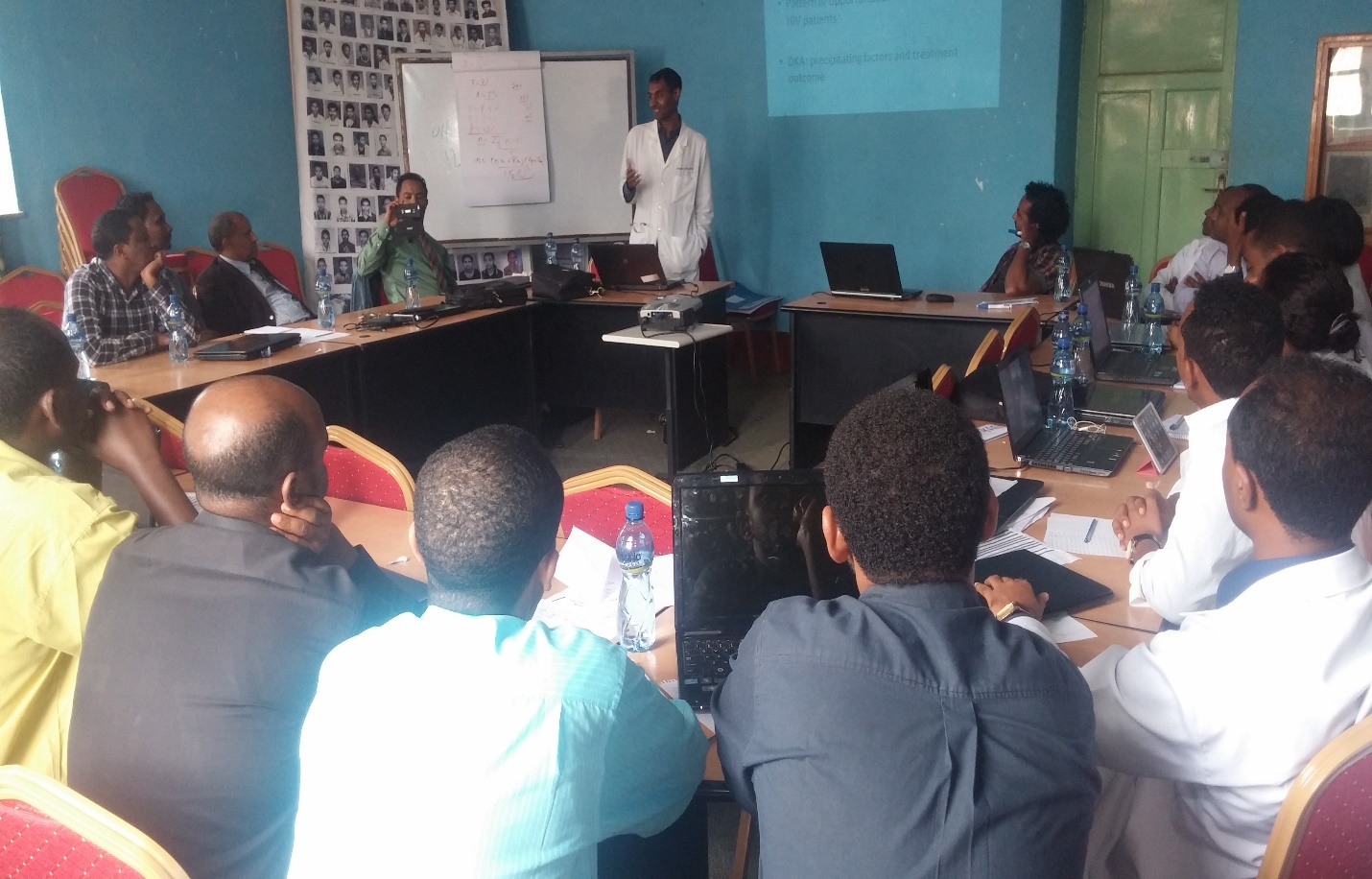
Medical training is often considered as having three key areas of focus: education, clinical service and research. The “publish or perish” mindset that is a common motivating factor in academic environments has been less prevalent in Ethiopian medical schools. The many responsibilities faculty members bear often mean limited time dedicated to research. CIRHT and its partner medical schools are working to change this by extending research engagement beyond faculty to include students and residents.
CIRHT trainees are experiencing what might be one of the busiest times in their lives. In the classroom, they are learning skills to provide women with quality reproductive health care, and in the clinic, they are applying those skills to serve clients. With so many new responsibilities, it can feel as though there are not enough hours in the day to even think about research.
Research, however, is an essential part of medical study. Through research, we can provoke thought and ignite sparks of inquiry to help us answer critical questions, while at the same time, gather unique and critical data. It also enables us to measure and communicate the impact of our work.
While it is important, we know barriers can impede research—including a lack of familiarity with methodology, limited opportunities for collaboration within and across departments, and of course, lack of time. With the goal of lowering some of these barriers, CIRHT launched a seminar series earlier this year.
Working with medical schools, we identified clinicians who make time for research, and even balance it with obligations like providing patient care, serving as faculty or working in private practices. In anticipation of a great deal of interest in research activities, each partner medical school will receive customized, comprehensive support from CIRHT, so teams can begin exploring relevant research questions.
Six of CIRHT’s partner medical schools have already held one seminar each, and have drawn dozens of attendees in each instance. While each speaker has shared his or her unique experience and insight, common themes include:
- Consider research in the context of your daily activities.Several speakers encouraged audiences to take on a research-oriented mindset. Trainees should begin by asking questions in response to challenges encountered during routine care delivery—and then probe for answers through discussion with the health professionals around them.
- Leverage the resources around you.Through CIRHT and their academic institutions, trainees are connected to technologies and mentorship prospects that would have been out of the realm of possibility for clinicians in years past. By taking advantage of these opportunities, CIRHT trainees can equip themselves to initiate research projects. Through a “Team Science” approach, they can also work in collaboration with one another and with their professors to begin collecting local data.
- Allocate time specifically for research.Research requires perseverance—and prioritization. Speakers advised trainees to deliberately set aside a portion of their day for research activities, and then develop the discipline to adhere to their new schedule. This focus will help ensure that trainees do not just start research activities, but that they see their efforts through to completion.
Three more medical schools will be holding seminars to get trainees and faculty members excited about research, and to call for concept notes. The next phase of CIRHT’s seminar series, “The Life Cycle of My Paper,” (with three seminars to be held at each school) will feature researchers talking through the journey of their work—from choosing a topic to publishing a paper. By inspiring dialogue that shifts research from afterthought to area of emphasis, we can motivate more aspiring researchers to make time—and to make strides in finding solutions to save women’s lives and improve health.

